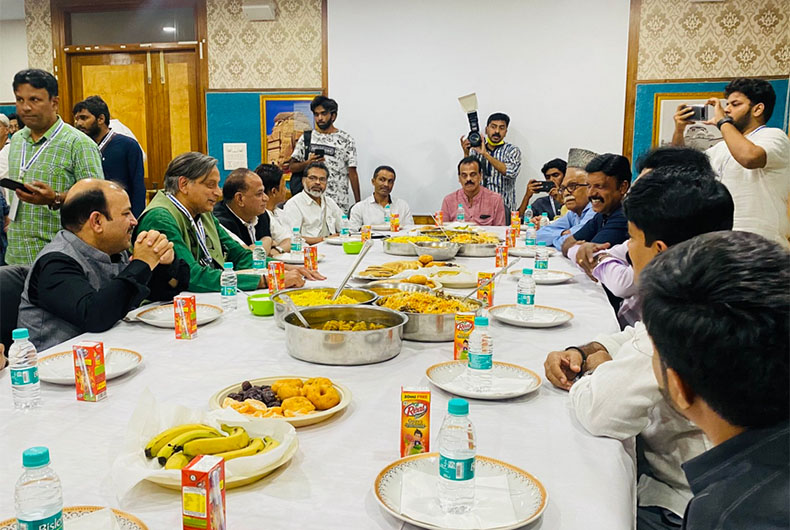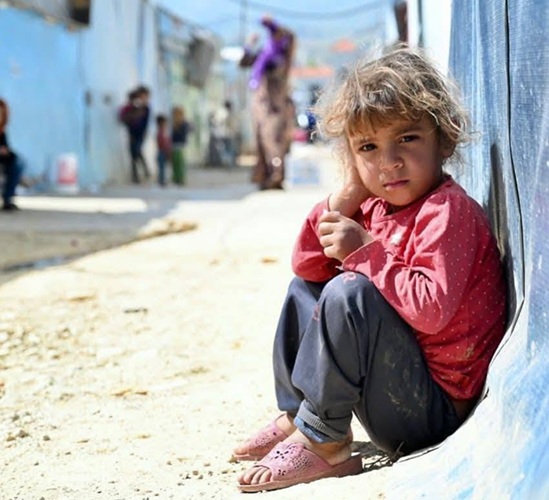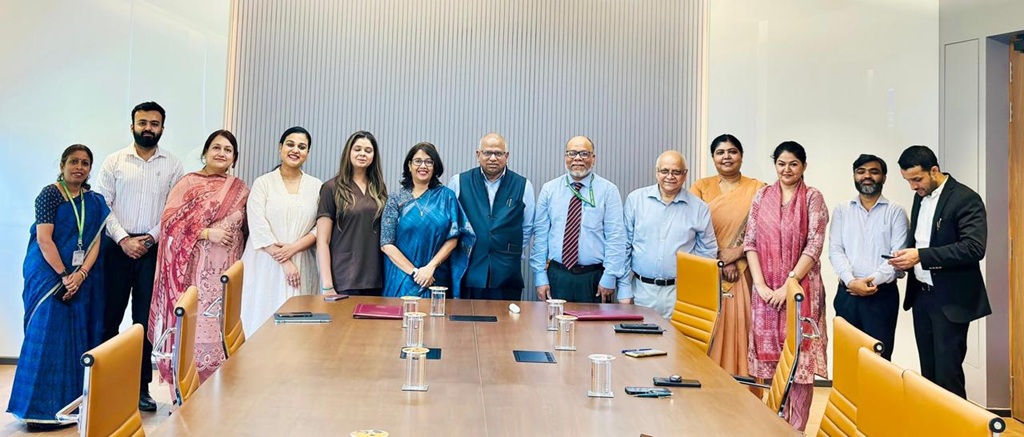The politics of Iftar parties in Uttar Pradesh has come to an end
Lucknow: The politics of Iftar parties in Uttar Pradesh has come to an end.
Even though the pandemic restrictions have ended, political parties are now wary of hosting iftar parties that once dominated the entire political spectrum.
Iftar is the meal with which Muslims break their day-long fast (Roza) in the month of Ramadan – spelled in India as Ramzan.
The Samajwadi Party was known to host iftar parties that were marked by the presence of top Muslim clerics.
Ten days into Ramzan, there are no signs of the SP hosting any iftar party this year.
Iftar is the meal with which Muslims break their day-long fast (Roza) in the month of Ramadan – spelled in India as Ramzan.
The Samajwadi Party was known to host iftar parties that were marked by the presence of top Muslim clerics.
Ten days into Ramzan, there are no signs of the SP hosting any iftar party this year.
He further said:
“The mood in the parties is despondent in the wake of electoral defeat and the leaders have apparently decided to opt out of such events.”
BJP’s problem with Iftar Parties
In the BJP, it was Rajnath Singh as Chief Minister who hosted iftar parties but Yogi Adityanath discontinued the tradition.
As Chief Minister, BSP supremo Mayawati also used to host iftar parties every year in luxurious five-star hotels but this was only when she was in power.
Tradition of iftar parties in Uttar Pradesh
The tradition of iftar parties in Uttar Pradesh was started by former Chief Minister Hemvati Nandan Bahuguna in the early seventies.
He would host the meal in Lucknow and invite prominent members of the community who also held some political influence.
The Congress, later followed the tradition and used the iftar party to repair its ties with Muslim leaders.
Prime Minister Atal Bihari Vajpayee, who was well acquainted with the traditions of Lucknow, also hosted several parties while he was in public life.
No appeasement
While Modi’s decision to discontinue the traditional iftar at the Prime Minister’s residence can be seen to be conforming to his political playbook, the real mystery lies in the reason for the Congress’s cancellation.
“More than vote bank politics, it was an occasion that allowed free interaction between clerics and political leaders. There never was any appeasement at such functions but, yes, it made the atmosphere more cordial”, said a senior Sunni cleric who did not wish to be named.
“It is unfortunate that iftar parties are not being held. This will only cement the divide between the ruling party and the Muslim community,” he added.






0 Comments